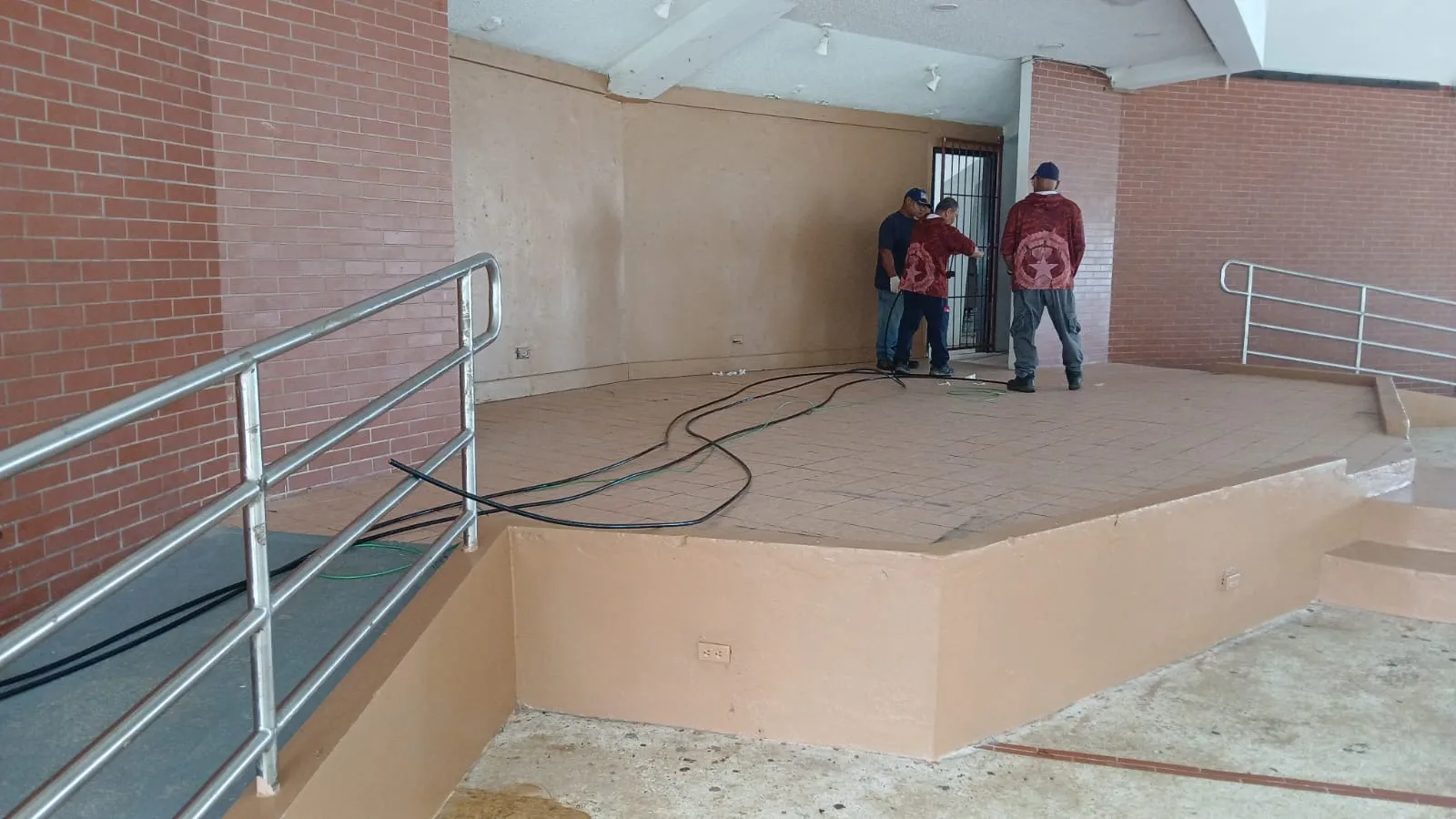
THE CNMI Judiciary and the Department of Public Safety will officially launch the E-Court, E-Citation, and E-PayIt systems on Wednesday.
According to an announcement from the Judiciary, these “innovative platforms mark a major milestone in the modernization” of the Commonwealth’s criminal justice system.
After more than two years of development, these systems are now live and designed to enhance operational efficiency, improve public service, and promote greater transparency, the Judiciary stated.
The official launching will be held at the Guma’ Hustisia atrium on May 28 at 2 p.m.
E-Court
The Judiciary said the E-Court system is a secure, cloud-based case management platform that streamlines a wide range of judicial processes.
These include data entry and retrieval, scheduling of cases, and the generation of official court documents and reports.
Integrated with File & ServeXpress, E-Citation, and Munis, the E-Court system improves connectivity and coordination across justice departments.
It also enhances the Judiciary’s capacity to serve the hundreds of CNMI residents who interact with the judicial system each month, while securely managing thousands of case files and legal documents.
E-Citation
DPS’ E-Citation system equips its Highway Patrol Section with the ability to issue electronic citations using rugged “tough book” devices.
This replaces traditional handwritten citations and aligns CNMI law enforcement with national best practices.
Traffic enforcement unit officers can now issue and print roadside citations with data instantly transmitted to the E-Court system for seamless court processing.
The E-Citation platform reduces administrative errors and significantly improves the speed and safety of traffic enforcement.
E-PayIt
To better serve the public’s needs, the Judiciary is launching the E-PayIt system.
“Fully integrated with both the E-Court and E-Citation systems, E-PayIt allows individuals to pay traffic fines and fees online — within just 24 hours of a citation being issued. This service eliminates the need to visit the courthouse in person, offering a fast, secure, and user-friendly alternative for resolving citations,” the Judiciary said.
“Together, these technological advancements represent a major step forward in building a more responsive, efficient, and accessible justice system for the people of the CNMI,” the Judiciary added.
In 2020, CNMI Supreme Court Administrative Order 2020-ADM-0006-RUL “generally mandates all case types to be electronically filed.”











